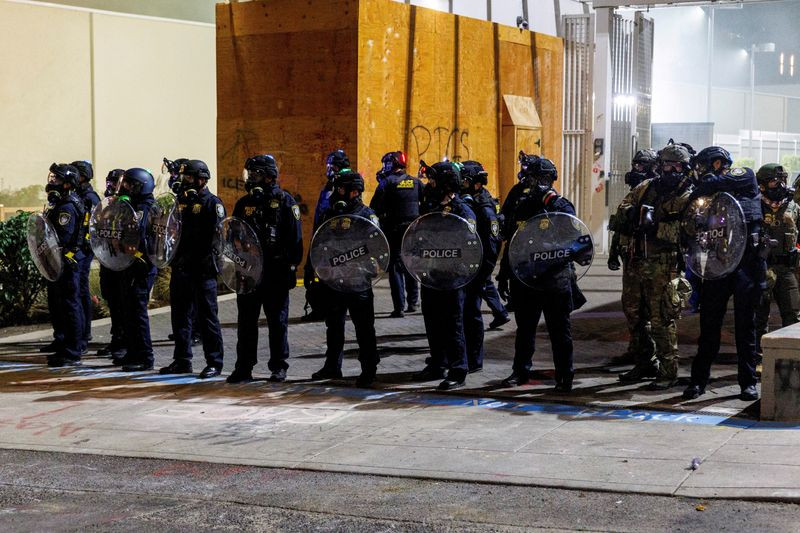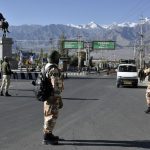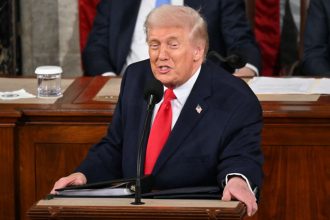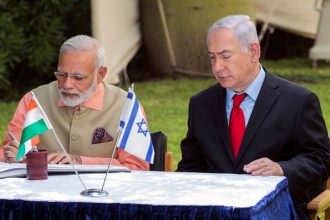WASHINGTON, Sept 29 — In a move that has intensified national tensions, U.S. Defence Secretary Pete Hegseth has authorized the deployment of 200 Oregon National Guard troops under federal command — just as the state of Oregon filed a lawsuit challenging President Donald Trump’s latest intervention into the city of Portland.
Trump, a Republican president now in his second term, announced over the weekend his decision to deploy federal troops into Portland, citing a need to protect federal immigration buildings from what he referred to as “domestic terrorists.” The announcement came with a heavy tone — one that included authorizing troops to use “full force, if necessary.”
This deployment has raised alarms, not just within Oregon, but even within the Pentagon. Several defense officials, speaking anonymously, confirmed that many were caught off guard. The move was described as “a bolt from the blue.”
The state of Oregon wasted no time responding. In a federal lawsuit filed Sunday, Oregon Attorney General Dan Rayfield — a Democrat — named Trump, Hegseth, and Homeland Security Secretary Kristi Noem as defendants, arguing that the federal deployment violates state sovereignty and exceeds presidential powers.
The lawsuit says Trump is “citing nothing more than baseless, wildly hyperbolic pretext,” and accuses him of painting Portland as a war zone to justify federal overreach. “Sending in 200 National Guard troops to guard a single building is not normal,” Rayfield emphasized.
Ironically, the numbers don’t align with Trump’s apocalyptic narrative. According to recent data from the Major Cities Chiefs Association, violent crime in Portland has dropped significantly this year. Homicides alone have declined by 51% in the first six months of 2025 compared to the same period in 2024.
The Pentagon memo authorizing the troop deployment was released publicly as part of Oregon’s lawsuit, and for many Oregon officials, including Portland Mayor Keith Wilson, the news broke via social media — not official channels.
This isn’t the first time Portland has been at the center of a national power struggle. Back in 2020, the city saw months-long protests after George Floyd’s death. Trump’s heavy-handed deployment of federal forces at that time was widely seen as escalating tensions rather than resolving them.
Now, five years later, the playbook seems similar — but the stakes may be even higher.
The bigger question haunting the nation: What kind of America are we becoming, when cities learn of military deployments through social media, and when leaders use “full force” language against their own people?
Portland is more than a city under surveillance — it’s become a symbol of federal vs. local power, of protest vs. order, and of fear vs. fact.
And perhaps it is not just Portland that should be paying attention.








